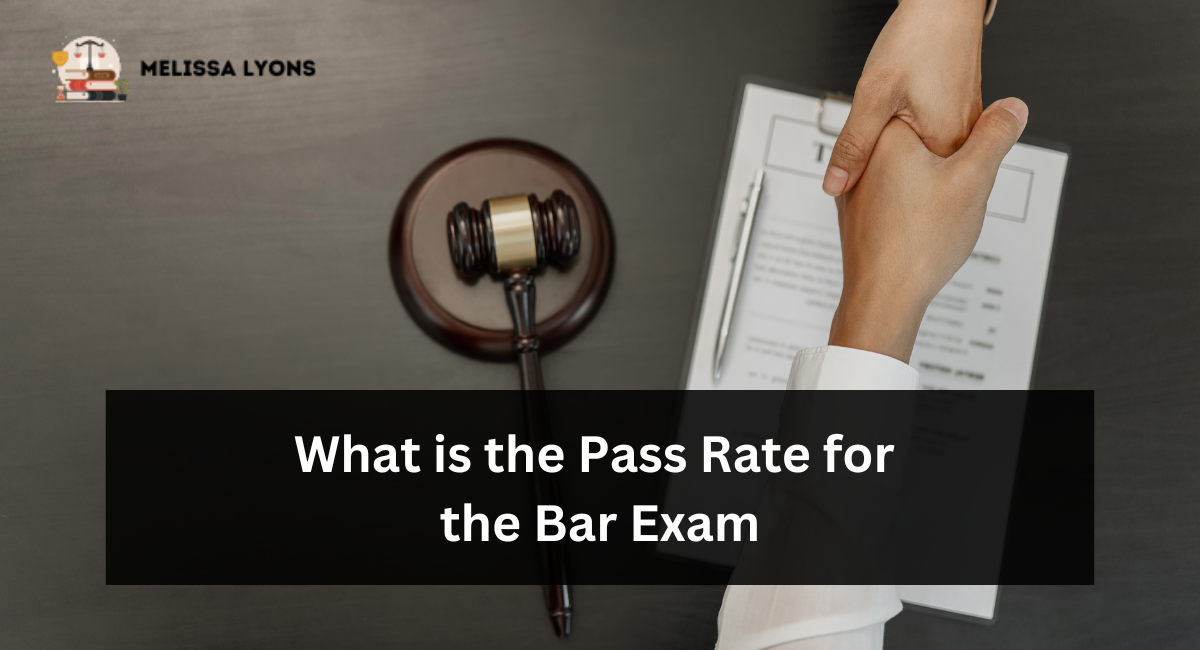No doubt the bar exam can be challenging, but your study efforts and choice of law school can enormously affect your chances of passing.
Follow these tips to increase your odds of passing the bar exam on the first attempt: 1. When writing essay answers, utilize IRAC (state the issue, present the rule, apply the rule to facts) format.
What is the pass rate?
The Bar Exam can be challenging, made more so by its pass-or-fail nature and non-negotiability clause. Even with extensive study preparation, there’s always the risk that you might fail to pass on your first fail.
Though the bar exam can be daunting, there are ways to increase your odds of passing on your first try. Utilize top law school study materials and strategies while prioritizing personal health by eating healthily, getting enough restful sleep, and exercising regularly.
Attending a law school with an excellent bar pass rate is another effective strategy to boost your chances of passing the bar exam on the first attempt. The University of Virginia and Marquette University boast 100 per cent bar pass rates – that means all their students who took the bar exam did so successfully on their initial try!
What is the overall pass rate?
Recent years have witnessed a steadily decreasing bar exam pass rate across most states. Still, Missouri has witnessed an uptick in overall bar exam passage rates, likely due to their students’ better preparation at ABA-accredited law schools.
Factors beyond state and law school attractiveness to aspiring lawyers could also play a part; UWorld MBE QBank provides practical bar exam preparation tools that may assist test takers. But regardless of these considerations, knowing which state and law school have higher bar passage rates can provide test takers with insight into where their efforts must be focused to pass this arduous legal exam.
Remember that these statistics only give an approximate idea of the difficulty of the bar exam in each jurisdiction; ultimately, your efforts in studying for it will have the most significant bearing on whether or not you pass.
What is the first-time pass rate?
When assessing the difficulty of the bar exam, first-time pass rates are an invaluable metric to keep in mind. They comprise an annual average of February and July administration pass rates and tend to be higher than overall pass rates.
As difficult as the bar exam may be, many law students take several attempts before finally passing it on their first try. While success in passing may take work, quality study materials and hard work may lead to success on exam day.
Focusing on mental and physical well-being when studying for the bar exam is also crucial. Make sure to eat nutritiously, sleep soundly, exercise regularly, avoid overstressing yourself and reduce unnecessary anxiety; these steps will ensure you’re ready to face this examination with poise and ease.
What is the repeater pass rate?
The bar exam is administered twice annually, in February and July. Pass rates tend to be lower among repeat takers than for first-timers; however, data on passage rates vary between states due to differences between law schools that enrol students taking the examination each time around.
Passing the bar requires constant and active learning, with one key strategy being using study materials as similar to actual bar exams as possible – like our UWorld MBE QBank. In addition, ensuring you eat healthily, exercise regularly, and get enough restful sleep are also crucial components of passing this test.
Finally, it is critical to avoid negative thinking. Too many retakers think the bar exam is challenging, but in truth, they approach it as though it were an academic final exam; learning the test itself can help as it helps identify examiners’ desired results in essays.
Conclusion:
In wrapping up our exploration of bar exam pass rates, it’s evident that preparation, resilience, and strategic study approaches play pivotal roles in success. While pass rates fluctuate, aspiring lawyers can enhance their odds through dedicated efforts and effective study strategies.
